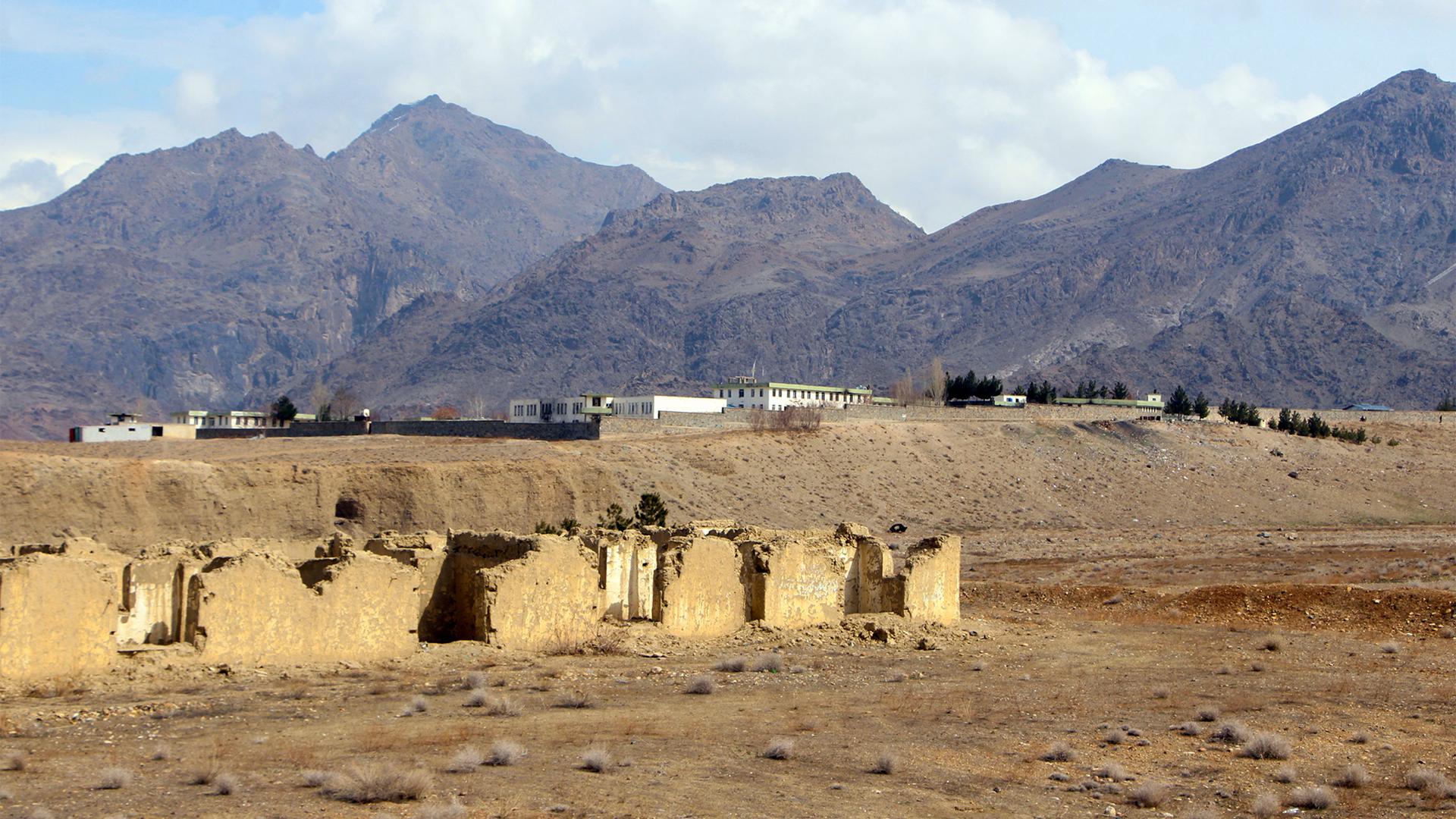A Chinese company strikes a deal with the Taliban to extract oil from Afghanistan
The Taliban has struck its first major deal with an international partner.
A Chinese company is investing more than half a billion dollars to begin extracting oil from the Amu Darya basin in the north of Afghanistan.
Graeme Smith, a senior consultant for the International Crisis Group, discussed the implications of the deal from Dubai with The World’s host Carol Hills.
Carol Hills: Graeme, why is Xinjiang Central Asia Petroleum and Gas Company investing so heavily in Afghanistan?
Graeme Smith: Well, the Amu Darya Basin in the northwest of the country has real potential. There is apparently oil and gas there. Some of it’s stretching apparently under the border into Uzbekistan. And so, it’s one of the many things the Chinese hope someday to get out of the ground in Afghanistan, not just oil and gas, but also gold and copper and maybe iron ore. But the reality is that doing this is very, very difficult and expensive. And so, they say that they will start work, but very little has started so far.
But I’m curious why China has decided Afghanistan. I mean, there’s any number of places around the world where they could invest in oil and extracting oil. Why Afghanistan?
You know, you’re right. It doesn’t make a ton of sense on the face of it, because just building infrastructure, for example, building the railways, the road links and everything that you would need to link Afghanistan to China would be tremendously expensive to build. China does have this vision for what they call the Belt and Road Initiative (BRI) that will, they hope, eventually stretch all the way across the Asian continent and make things like this somewhat more feasible. But right now, the maps of the BRI, those maps simply leave Afghanistan out. It’s sort of a blank spot. And so, you can see that they are testing ideas for starting to fill that in and maybe to include Afghanistan.
So, what benefit is there for the Taliban to do business with China? Is it just money or something else?
Well, the Taliban are economically isolated by the Western world. This is really hard. If you are Kabul and you depend on imports to feed most of your country, most of the food consumed in the country is imported, and most of those deals are done in US dollars. And so recently, the Chinese foreign minister was visiting Afghanistan. People who were in that meeting told me that the Chinese said, “Hey, look, we understand you’re having problems with the Americans. Why don’t you try using our currency instead?” And the Taliban were interested in this idea. It’s a little bit tricky, though, because there’s not a whole lot you can do with Chinese currency except to buy Chinese imports. And Afghanistan does import a lot of goods from China, but it’s a nascent relationship. I think there’s a fair bit of mistrust on both sides. But they’re testing it out.
Now, not everyone in Afghanistan is happy about China’s presence there. In September, ISIS-K, the Afghan ISIS affiliate, warned China against its “daydream of imperialism.” What’s ISIS-K’s problem with China?
This affiliate in Afghanistan that calls itself Islamic State-Khorasan Province. Over the years, it’s had to absorb a number of different foreign militants, Uzbeks, a small number of Uyghurs. And so, they probably have some sympathies with the Uyghur militants who are still in very small numbers operating on the Afghanistan-Pakistan border regions against China. And so, that makes China very, very concerned about the emergence of ISIS-K.
Does ISIS-K pose a security threat to Chinese nationals in Afghanistan?
Yes. ISIS-K has launched a number of attacks recently that appear to be targeting Chinese diplomats and business interests.
Of course, as you know, Afghanistan has been called the “graveyard of empires.” Whether Chinese interests are imperialist, as ISIS-K is claiming or not, is there any risk of China having to devote its own security resources in Afghanistan, like the US before it?
You know, it’s a fascinating question. China, of course, has been very reluctant to deploy its own forces outside of its own borders. And I think, when you talk to Central Asia hands, that’s always one of their, kind of, questions about whether or not someday China would get drawn into some kind of a mission in Central Asia to protect its own assets. I mean, it’s a bit of a science fiction scenario at this moment, because they’ve been so cautious about making investments in Afghanistan. But I have to say, under the previous government, there were photographs circulating of Chinese military vehicles accompanying what was then Afghan security forces up in Badakhshan Province, the province that borders China, clearly inside Afghan territory. So, they have been taking these little baby steps across the border from time to time. And it would be interesting to see someday if that could be extended.
This interview has been lightly edited and condensed for clarity.
Sign up for our daily newsletter
